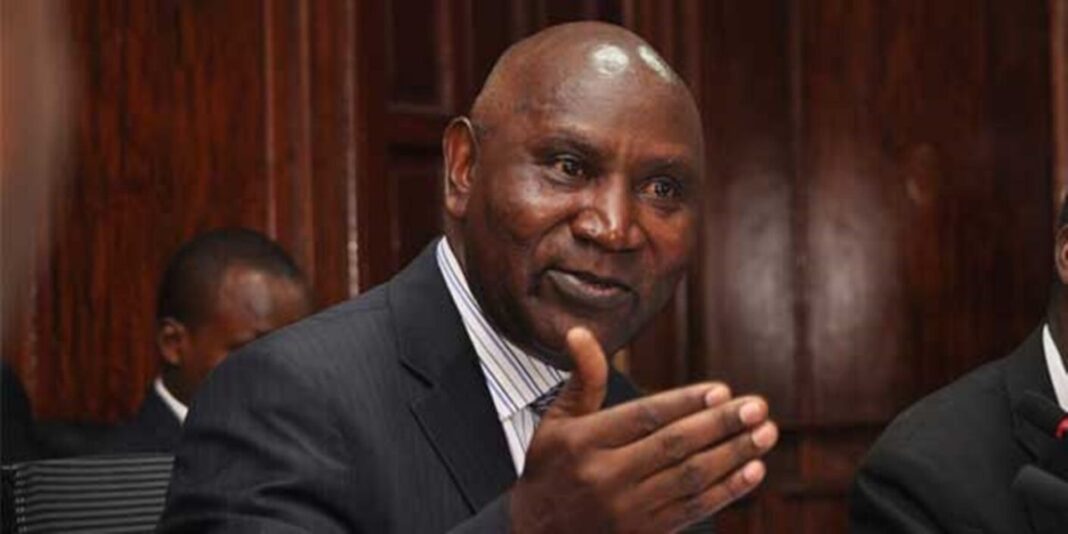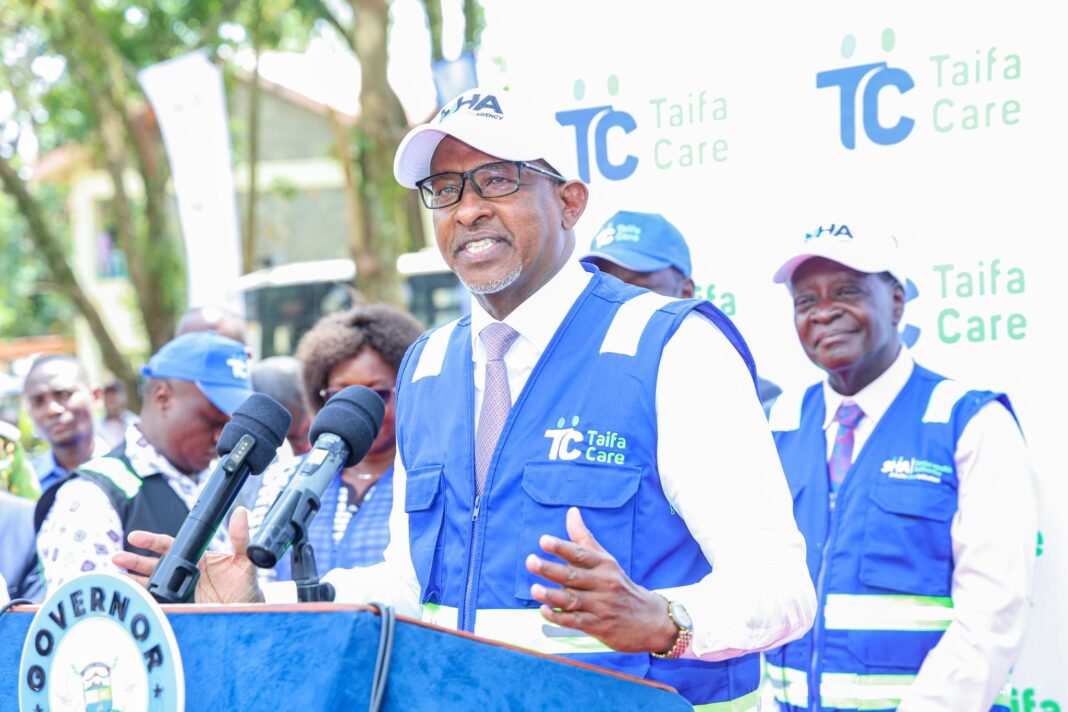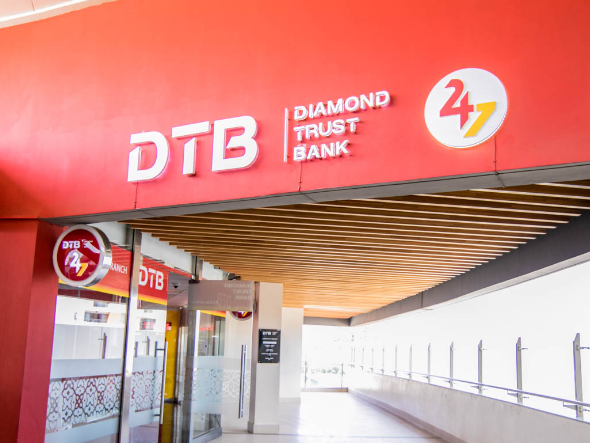Former Auditor General Edward Ouko is back in the public spotlight after being appointed chairperson of the Anti-Money Laundering Advisory Board. The appointment was made through a gazette notice dated September 19 by Treasury and Economic Planning Cabinet Secretary John Mbadi.
Ouko will serve a three-year term. His comeback to a high-profile national role brings with it the weight of his legacy in auditing, a history of political clashes, and a reputation for exposing misuse of billions in public funds.

Ouko to Lead Anti-Money Laundering Advisory Board
Edward Ouko’s appointment comes at a critical moment in Kenya’s fight against financial crime. The Anti-Money Laundering Advisory Board plays a central role in shaping policies, monitoring compliance, and strengthening enforcement in the war against illicit money flows.
Ouko’s track record at the Office of the Auditor General shows a man unafraid of stepping into murky waters. Between 2011 and 2019, his office released reports that shook both the national and county governments, exposing loopholes, wastage, and outright theft of taxpayer funds.
One of his most famous audits was the Eurobond report. He revealed shocking mismanagement of the Ksh200 billion loan, a revelation that set him on a collision path with the Executive. The standoff grew so bitter that he pursued legal action against former President Uhuru Kenyatta after facing attempts to remove him from office.
Even after leaving his post, Ouko did not stop raising alarm about state interference. He said his security and pension were unfairly withdrawn nine months after completing his constitutional term.
His return to a powerful watchdog role through the Anti-Money Laundering Advisory Board signals the government’s intent to tighten scrutiny on suspicious transactions, but it also raises questions about whether Ouko will once again clash with political heavyweights.
Ouko’s Life After Auditor General Office
After exiting the Auditor General’s office in 2019, Ouko retreated from the limelight but quietly continued working on financial reforms. In 2023, then Treasury CS Njuguna Ndung’u appointed him chair of an 18-member committee to investigate pending government bills.
The committee was tasked with identifying fraudulent claims, auditing pending bills worth hundreds of billions, and proposing reforms to prevent a ballooning of state debt. By early 2025, Ouko’s committee had analysed Ksh474 billion in claims, clearing Ksh206 billion. Importantly, most of the cleared bills were under Ksh10 million, a segment often riddled with fraud.
His work in Siaya County also underlined his reformist approach. Governor James Orengo appointed him to a seven-member committee to review revenue administration and human resource practices. In both national and county-level assignments, Ouko has consistently pushed for accountability and transparency.
With the Anti-Money Laundering Advisory Board, Ouko now has a national platform to confront sophisticated money laundering networks. His history shows he will likely dig deep, ask uncomfortable questions, and leave little room for political cover-ups.
A Career Built on Financial Oversight
Before becoming Auditor General, Ouko built a formidable career at the African Development Bank (AfDB). For more than 24 years, he oversaw auditing, anti-graft, and fraud investigations at the institution. That experience gave him global exposure to international financial systems and the tricks used to conceal illicit money.
His time at AfDB prepared him for the storm he would later face in Kenya. As Auditor General, his insistence on following the money made him one of the most controversial yet respected figures in government. He became a household name for exposing mismanagement and demanding accountability.
Now, with the Anti-Money Laundering Advisory Board under his leadership, Ouko steps into a role that demands both courage and technical expertise. Money laundering is not just about hidden bank transfers—it fuels corruption, terrorism financing, and organized crime. His global and local experience puts him in a strong position to disrupt these networks.
Other Government Appointments
Alongside Ouko’s appointment, Agriculture CS Mutahi Kagwe announced new members of the Tea Board of Kenya. The appointees are Jackline Cherono, Joseph Karioki Ngige, and William Otemba Oyosi. They will serve for three years, just like Ouko.
These appointments signal a wider reshuffle within key boards and advisory bodies, with the government keen to inject new energy and direction into oversight institutions.
Final Word
Edward Ouko’s appointment to lead the Anti-Money Laundering Advisory Board revives the profile of one of Kenya’s most fearless financial watchdogs. His legacy shows he is not afraid of challenging political powers, and his new role positions him to strike at the heart of illicit financial networks. Whether he will be allowed to work independently, or face the same resistance he encountered before, remains the big question.


